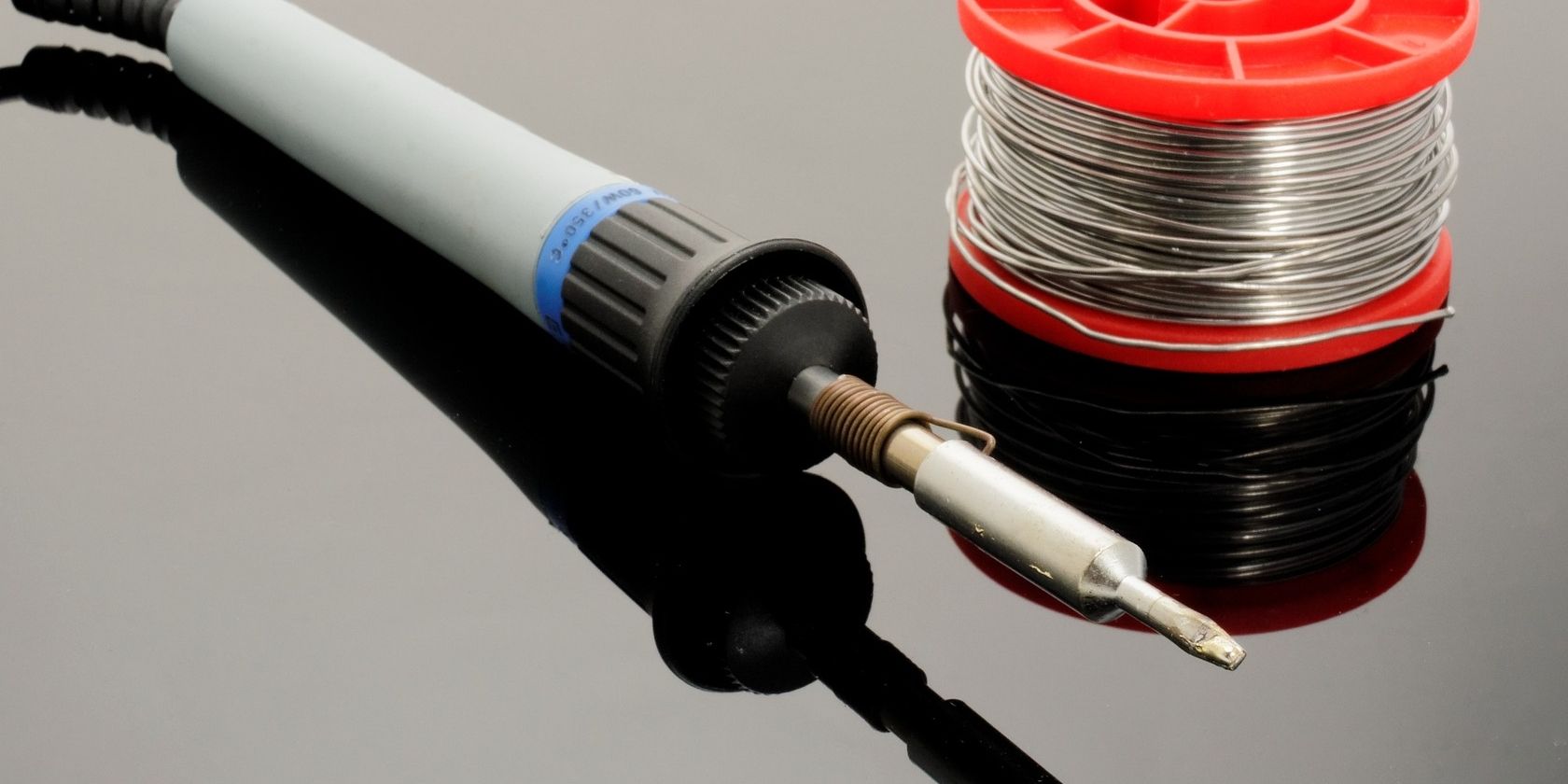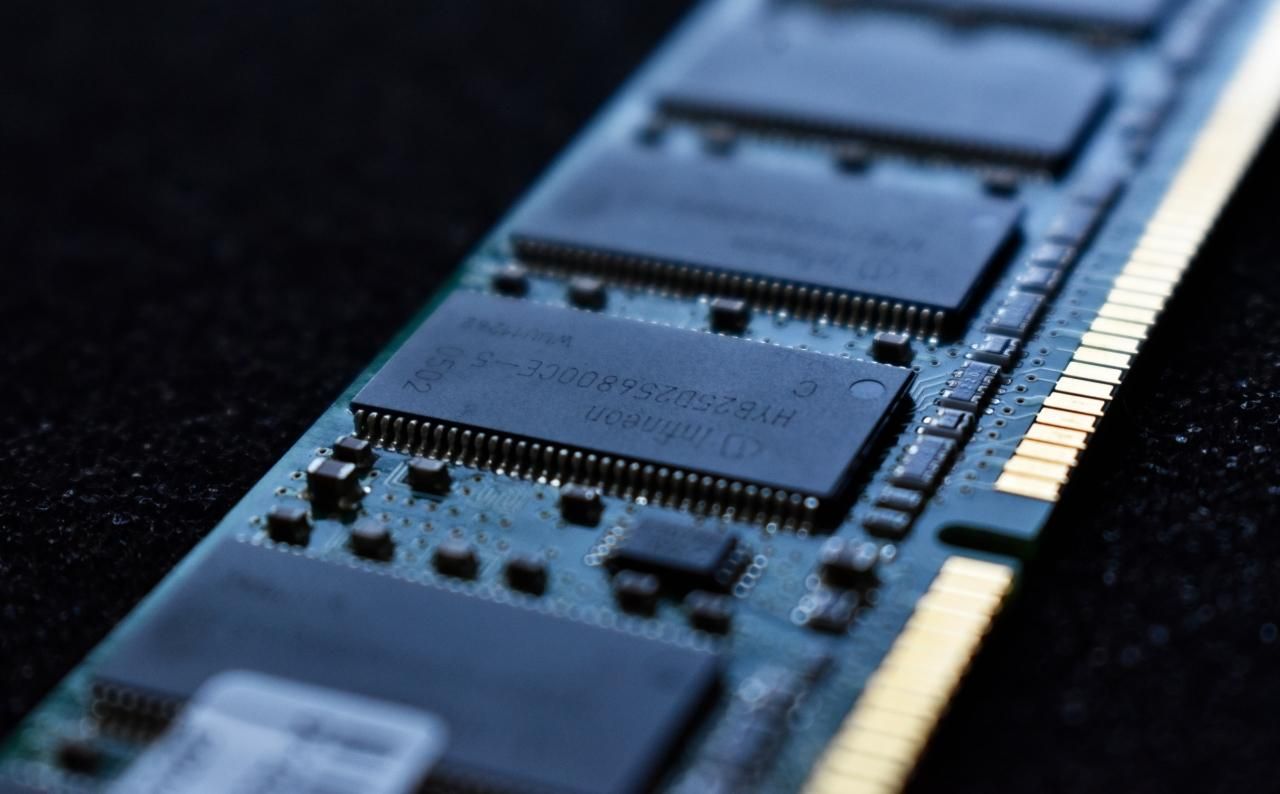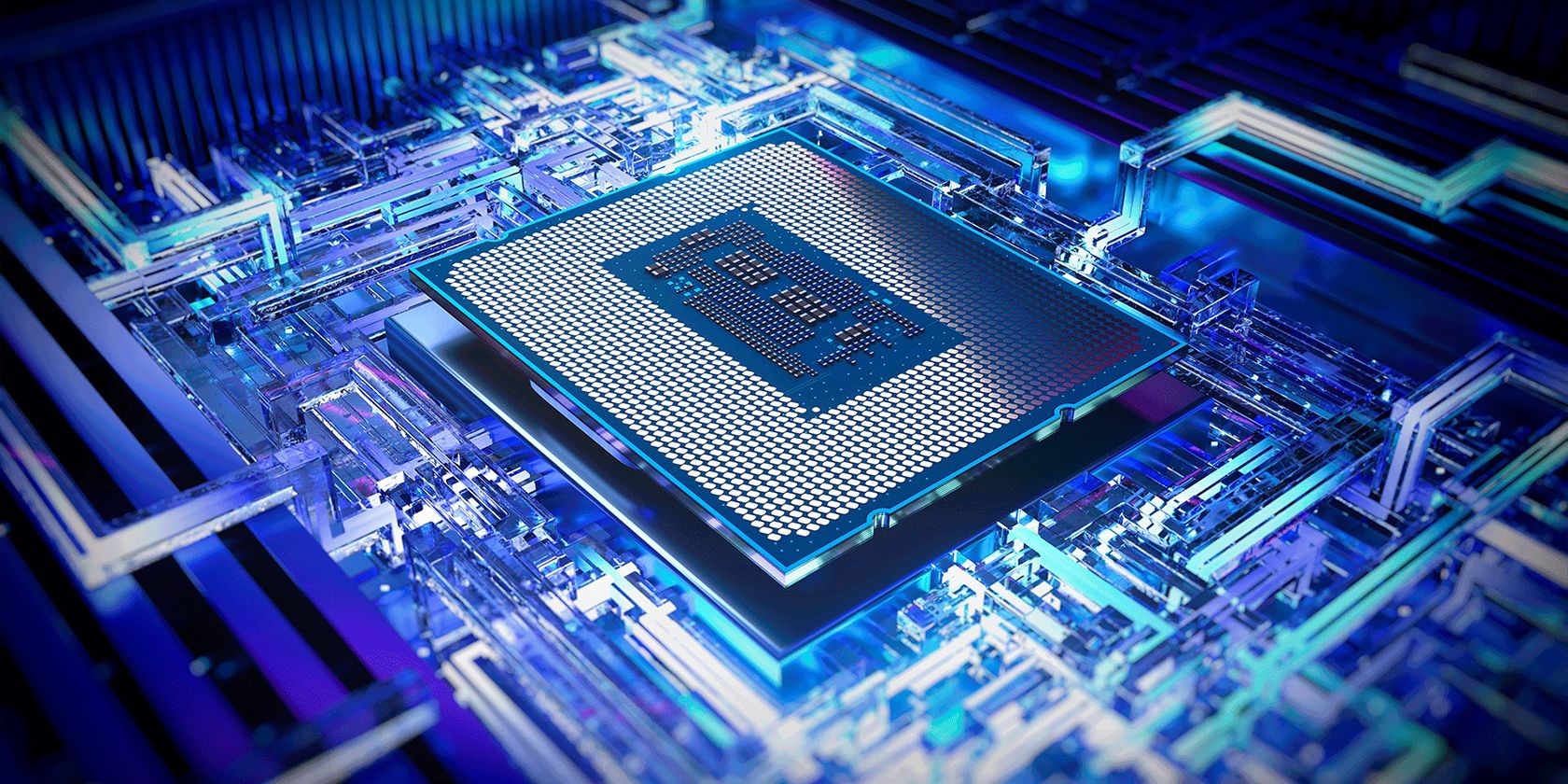Laptops are designed to be as portable as possible, which causes trade-offs in terms of performance and usability. If you've opened up a laptop, you may have noticed that it has parts soldered onto the motherboard.
When a component is soldered to the motherboard, it becomes almost impossible to replace. However, soldered hardware is not popular with users, and yet, an increasing number of laptops now utilize the technique.
So why are computer parts soldered, and what should you do if you are unhappy about the practice?
Why Are Computer Parts Soldered?
People often assume that the soldering of computer parts is to encourage people to buy new laptops. If a part cannot be replaced, the computer will become obsolete faster. There are, however, many other reasons why soldering is used.
Soldered Parts Require Less Space
When parts are soldered to the motherboard, laptop designers have more options. For example, RAM can be attached almost anywhere rather than into a specific slot. A soldered part can also be attached using fewer additional components. Because of this, opting for soldered parts often leads to a slightly slimmer laptop.
Soldered Parts Are Easier to Assemble
Soldered parts can be assembled automatically using machines. However, replaceable parts, such as those that fit into a slot, often have to be installed by a human being. That human being has to be paid, making a laptop with replaceable parts more expensive to assemble.
Soldered Parts Provide Fewer Points of Failure
Soldered parts tend to be more durable than replaceable parts. Replaceable parts typically require either a slot or a connecting wire, and either of these components can break. This adds additional points of failure and increases the cost of production. Laptops are built in large batches, and even a small increase in the failure rate is expensive.
Why Are Soldered Computer Parts Unpopular?
Soldered parts are unpopular because they are almost impossible to replace, which makes a laptop more difficult to upgrade and repair.
Soldered RAM is particularly unpopular and one of the most commonly soldered parts. The minimum acceptable level of RAM is constantly increasing, and insufficient RAM is noticeable. If the RAM is soldered on, and there aren't any open slots, a laptop will likely become obsolete much faster.
If a part is damaged, the inability to replace it may also mean that the entire laptop needs to be replaced. This is a negative not only financially but also for the environment. In addition, when laptops are thrown away, they are rarely recycled.
Many people also consider the practice of soldering parts to be somewhat unfair. If you buy something, it's easy to argue that you should be able to do whatever you want with it. When parts are soldered on, your ability to make modifications is significantly reduced.
Are Soldered Parts Designed to Prevent Upgrades?
Soldering parts prevents upgrades, but this is unlikely to be the primary motivation. Most people aren't going to upgrade their laptops regardless of how the parts are attached. The profit gained by preventing it is, therefore, unlikely to be the driving force behind soldered hardware.
However, this is in comparison to the other reasons outlined above. Designing a laptop that is smaller and cheaper to produce are significant advantages that are likely to increase profits. Preventing a small segment of customers from adding RAM simply isn't a good enough reason.
Something to note, though, is the difference in prices between laptops that you can upgrade and that you cannot. For example, you might want to buy a laptop with 8GB RAM. Then, you decide to upgrade to 16GB RAM. If the RAM is soldered to the motherboard, you have to pay whatever cost the manufacturer states. Whereas, if your laptop had regular socketed RAM, you could probably upgrade your hardware at a much lower cost.
What Computer Parts Are Soldered?
Many laptop parts are soldered, with the CPU and GPU almost always soldered. Most people do not complain about this, however, because these components are unlikely to be replaced regardless.
In recent years, however, many brands have started to soldering RAM and hard drives to the laptop motherboard. This has caused many people to question the process because, unlike processors, there are significant advantages to being able to upgrade them.
How Much Ram Does Your Laptop Need?
The primary complaint that people have about soldered parts is that it prevents RAM upgrades. If you're thinking about buying a new laptop, you might be wondering how much RAM you need.
While the answer obviously depends on what you want a laptop for and how long you plan on using it, 8GB is sufficient for light use, even in the long term.
If you're a heavy gamer or run other resource-intensive software, this number increases to 16GB or 32GB.
How to Choose an Upgradeable Laptop
Many laptops don't use soldered RAM and vary widely regarding how upgradeable they are. If you want a laptop that's easier to upgrade, here's how to look for one.
If you're interested in a particular laptop, it should be possible to find out if it has soldered RAM before you buy it. While online retailers may not include this information, the manufacturer's website usually does. Failing that, online reviews usually discuss potential upgrades.
Some laptops that use soldered RAM also offer an additional slot for upgrades. This allows you to make significant upgrades without replacing the RAM that's already been installed.
If you want a laptop that's even easier to upgrade, you might want to consider a modular laptop. These laptops do not use soldered components and are designed to be as upgradeable as possible. Along with replacing the RAM and SSD, you can often replace the CPU and GPU. It's important to note that modular laptops tend to be more expensive and slightly larger than traditional laptops.
Soldered Parts Are Unpopular But Probably Not Designed to Prevent Upgrades
The unpopularity of soldered parts is certainly understandable. Most people would at least like to have the option to upgrade their laptops; the absence of this ability is a significant downside.
While some people are skeptical of why laptops use soldered parts, it's primarily a cost-cutting measure that leads to slimmer products. It's unlikely that parts are soldered to prevent people from replacing them.
If you'd like to buy a laptop that doesn't place such restrictions, there are also many available with sufficient research.




